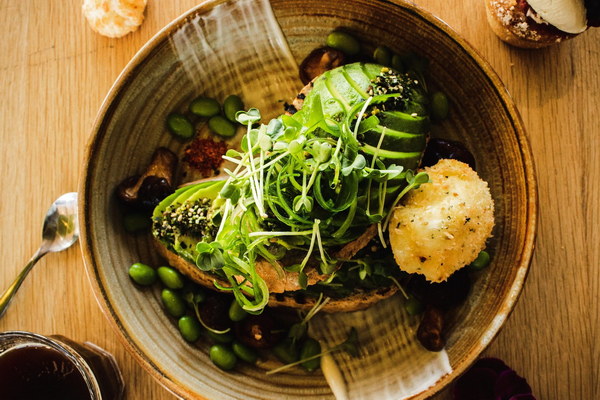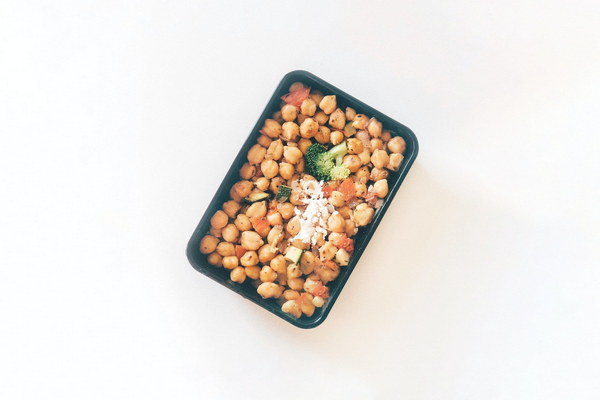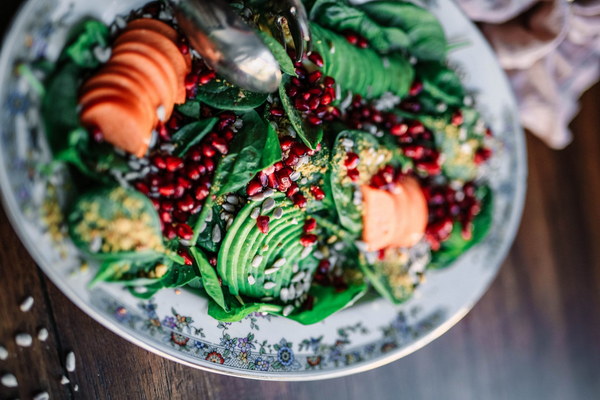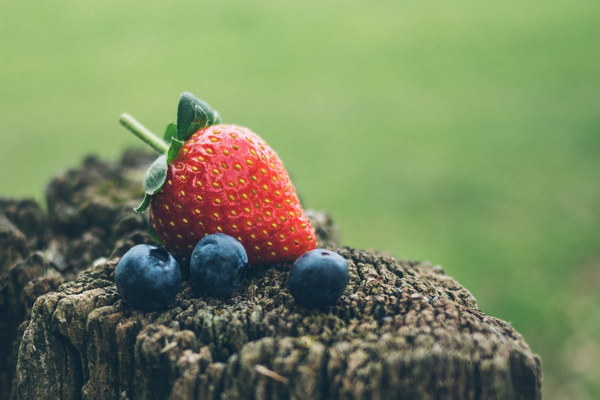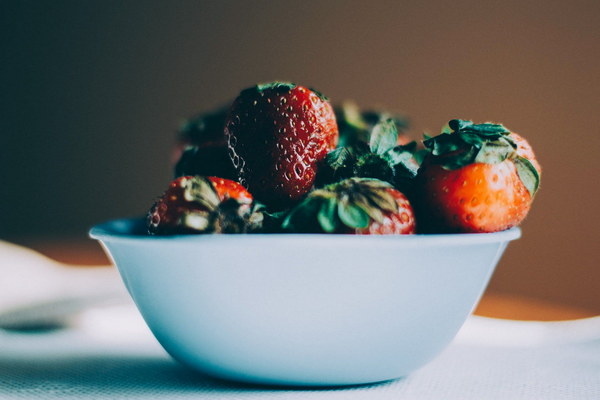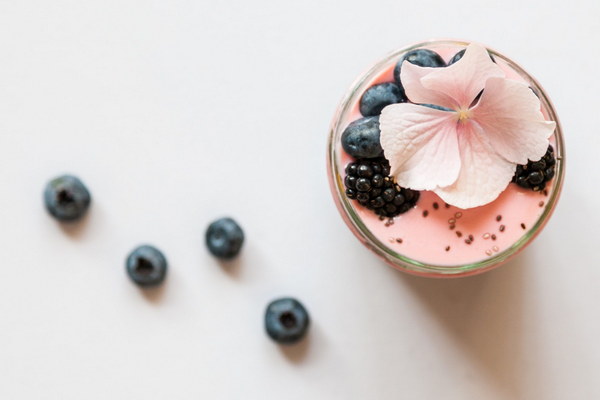Unlocking Vitality A Comprehensive Guide to Nourishing Qi and Blood through Nutrition
In the realm of traditional Chinese medicine, maintaining the balance of Qi (vital energy) and Blood is crucial for overall health and well-being. While modern medicine focuses on treating symptoms, TCM emphasizes the importance of addressing the root cause of imbalances. One effective way to achieve this balance is through diet, or what is commonly known as food therapy. This article will explore how to nourish Qi and Blood using various foods and dietary practices.
1. Understanding Qi and Blood
Before diving into the specifics of food therapy, it is essential to have a basic understanding of Qi and Blood in TCM. Qi is the vital energy that flows through the body, maintaining its balance and harmony. Blood, on the other hand, is the substance that nourishes the body's tissues and organs. When either Qi or Blood is deficient, it can lead to a variety of health issues, such as fatigue, weakness, and poor immune function.
2. Foods That Nourish Qi and Blood
a) Organ Meats: Organ meats, such as liver, kidney, and heart, are rich in nutrients that can help replenish Qi and Blood. These meats are particularly beneficial for those with Qi and Blood deficiencies.
b) Dark Leafy Greens: Foods like spinach, kale, and Swiss chard are excellent sources of iron, which is essential for producing red blood cells and maintaining healthy blood levels.
c) Legumes: Beans, lentils, and tofu are great plant-based sources of protein, iron, and other nutrients that support Qi and Blood health.
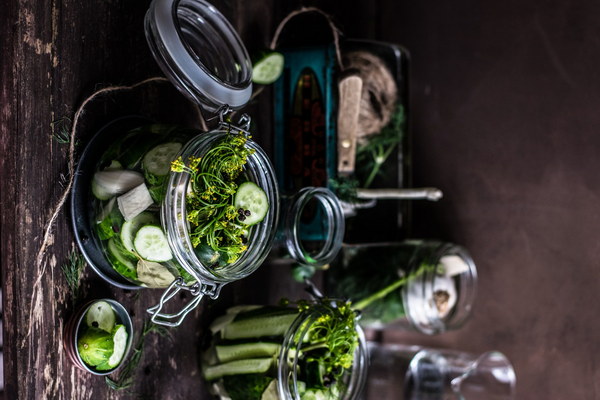
d) Nuts and Seeds: Almonds, walnuts, chia seeds, and flaxseeds are rich in omega-3 fatty acids, vitamins, and minerals that can help boost Qi and Blood levels.
e) Fruits: Fruits like goji berries, dates, and raspberries are known for their high nutrient content, which can help nourish Qi and Blood.
f) Whole Grains: Oats, barley, and quinoa are excellent sources of B vitamins, iron, and fiber, all of which are essential for Qi and Blood health.
3. Dietary Practices for Nourishing Qi and Blood
a) Eat Regularly: Regular, balanced meals are crucial for maintaining Qi and Blood levels. Skipping meals can lead to imbalances and exacerbate deficiencies.
b) Avoid Cold and Raw Foods: Cold and raw foods can be detrimental to Qi and Blood, as they can weaken the digestive system and impair nutrient absorption. Opt for warm, cooked meals instead.
c) Pair Foods Appropriately: Some foods complement each other and can enhance the nourishing effects on Qi and Blood. For example, pairing beans with grains creates a complete protein profile, while combining green leafy vegetables with iron-rich foods can improve iron absorption.
d) Stay Hydrated: Adequate hydration is essential for maintaining healthy Qi and Blood levels. Drink plenty of water throughout the day.
4. Conclusion
Incorporating these foods and dietary practices into your daily routine can help nourish Qi and Blood, leading to improved overall health and well-being. While food therapy is a great place to start, it is essential to consult with a healthcare professional or TCM practitioner to ensure that you are addressing any underlying imbalances and achieving the best possible outcomes. By unlocking the power of nutrition, you can harness the ancient wisdom of traditional Chinese medicine to revitalize your body and mind.
